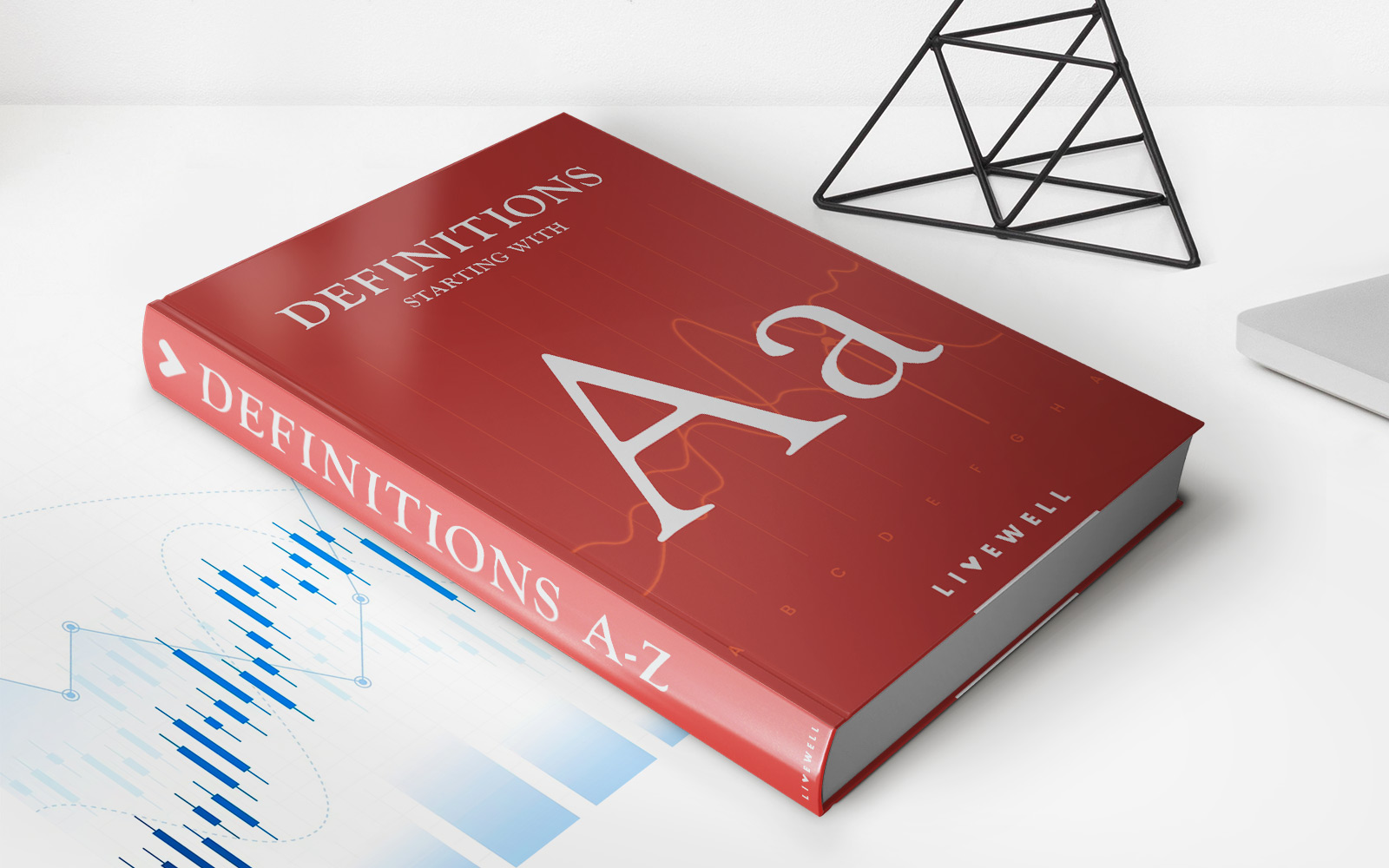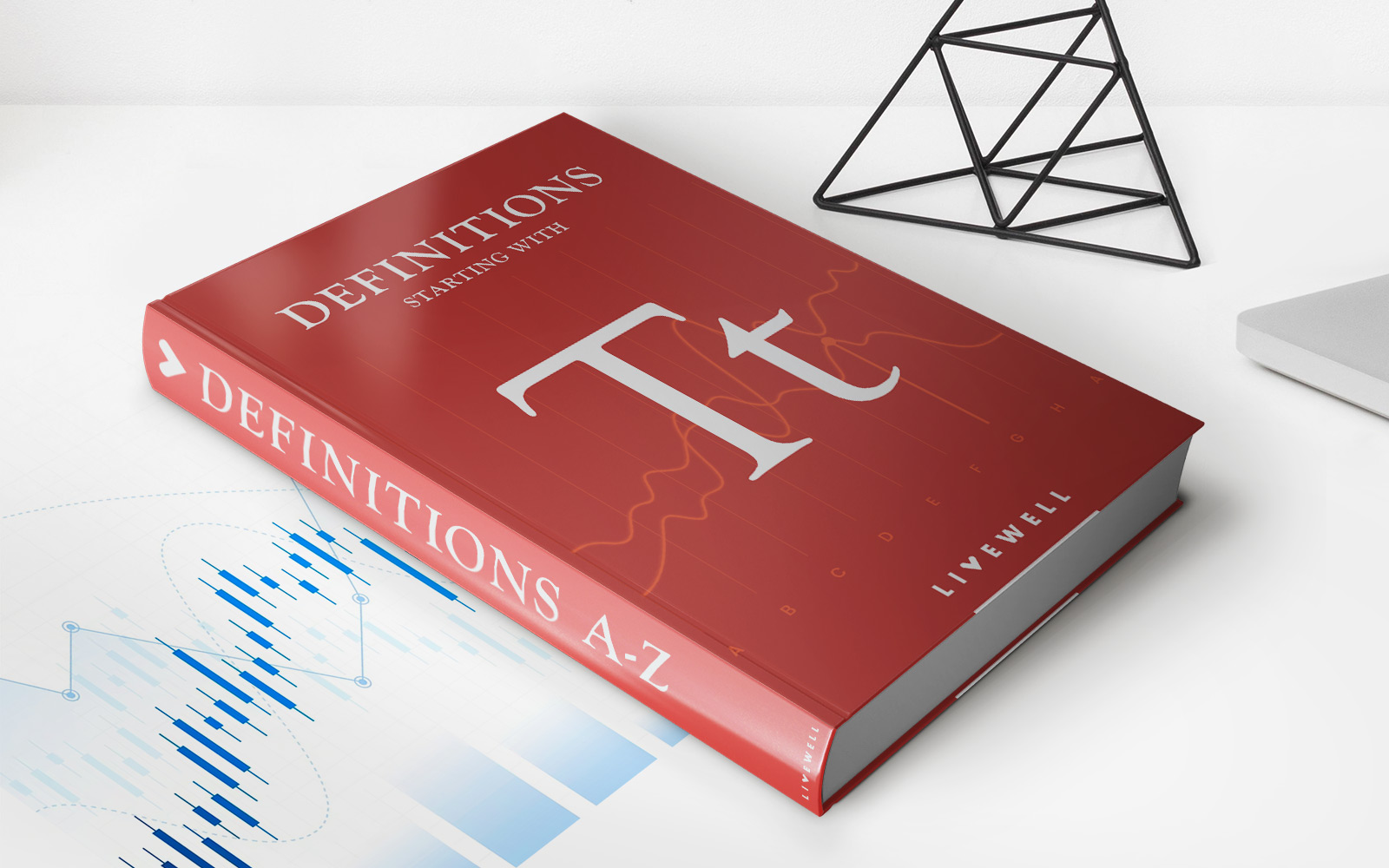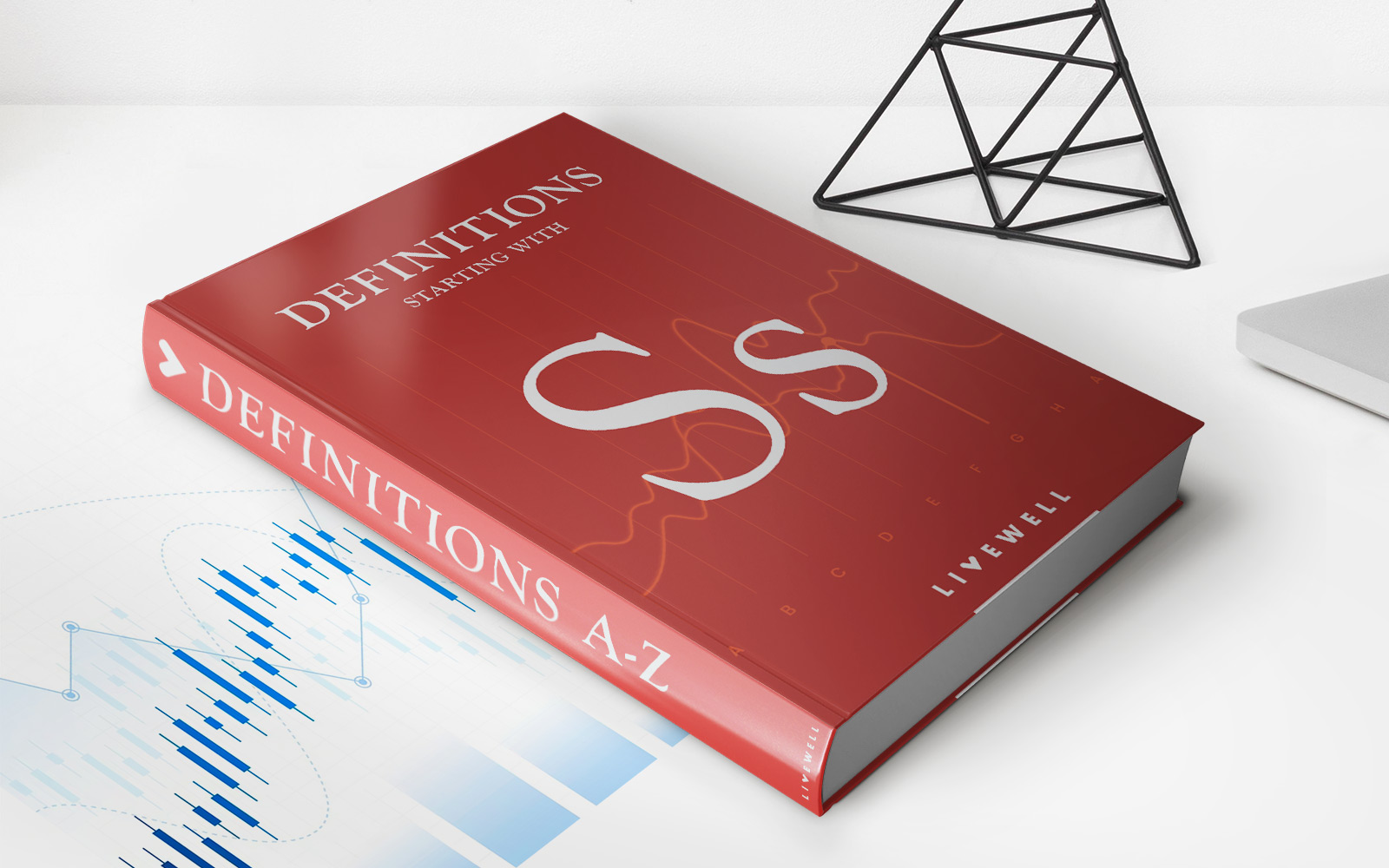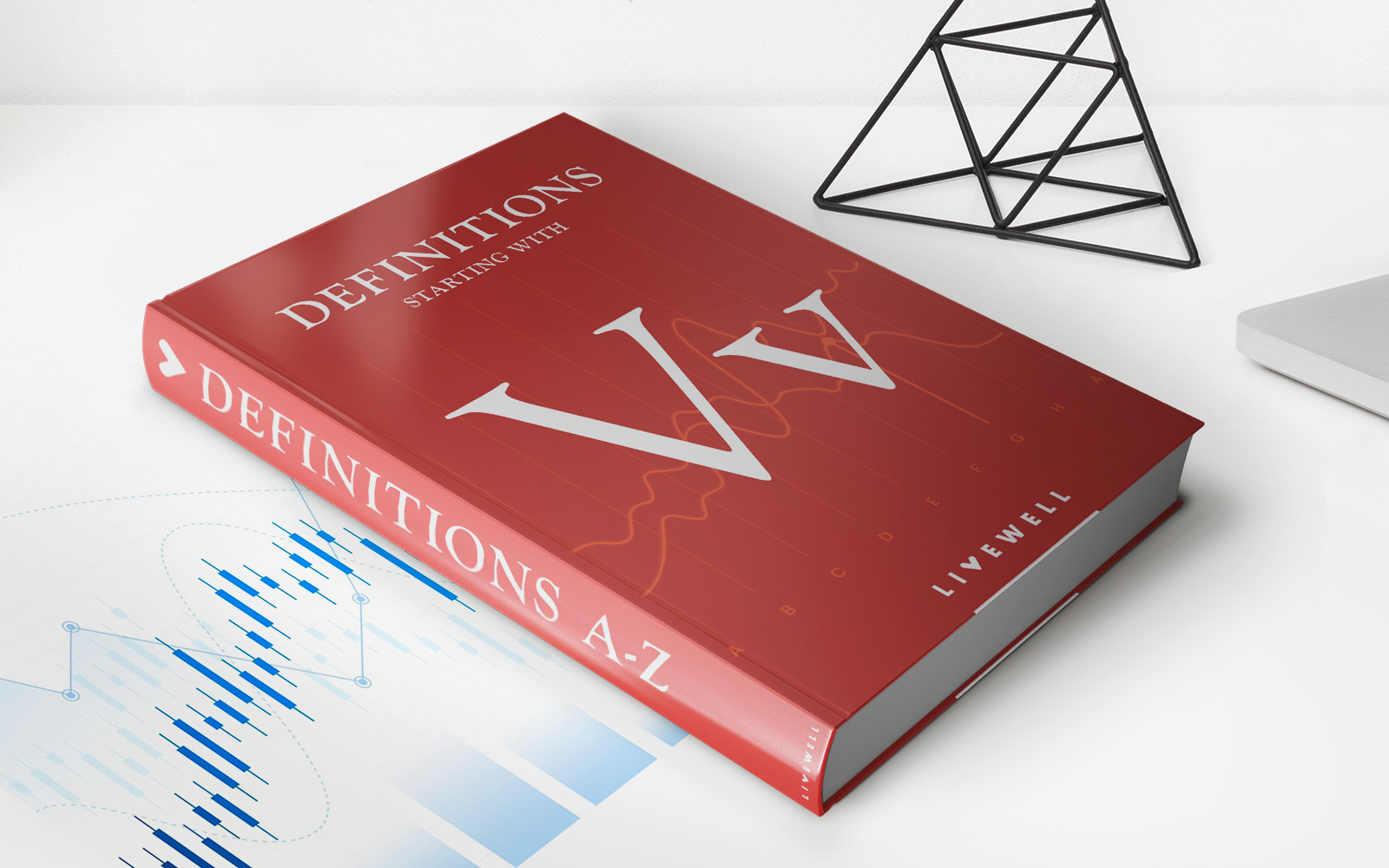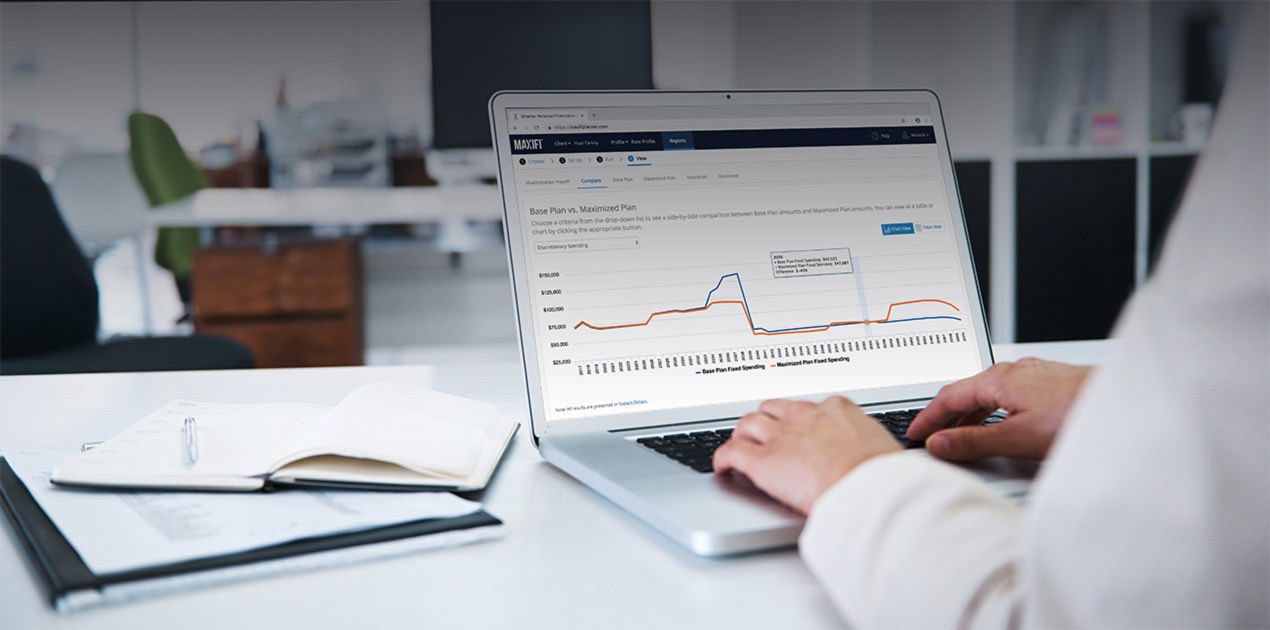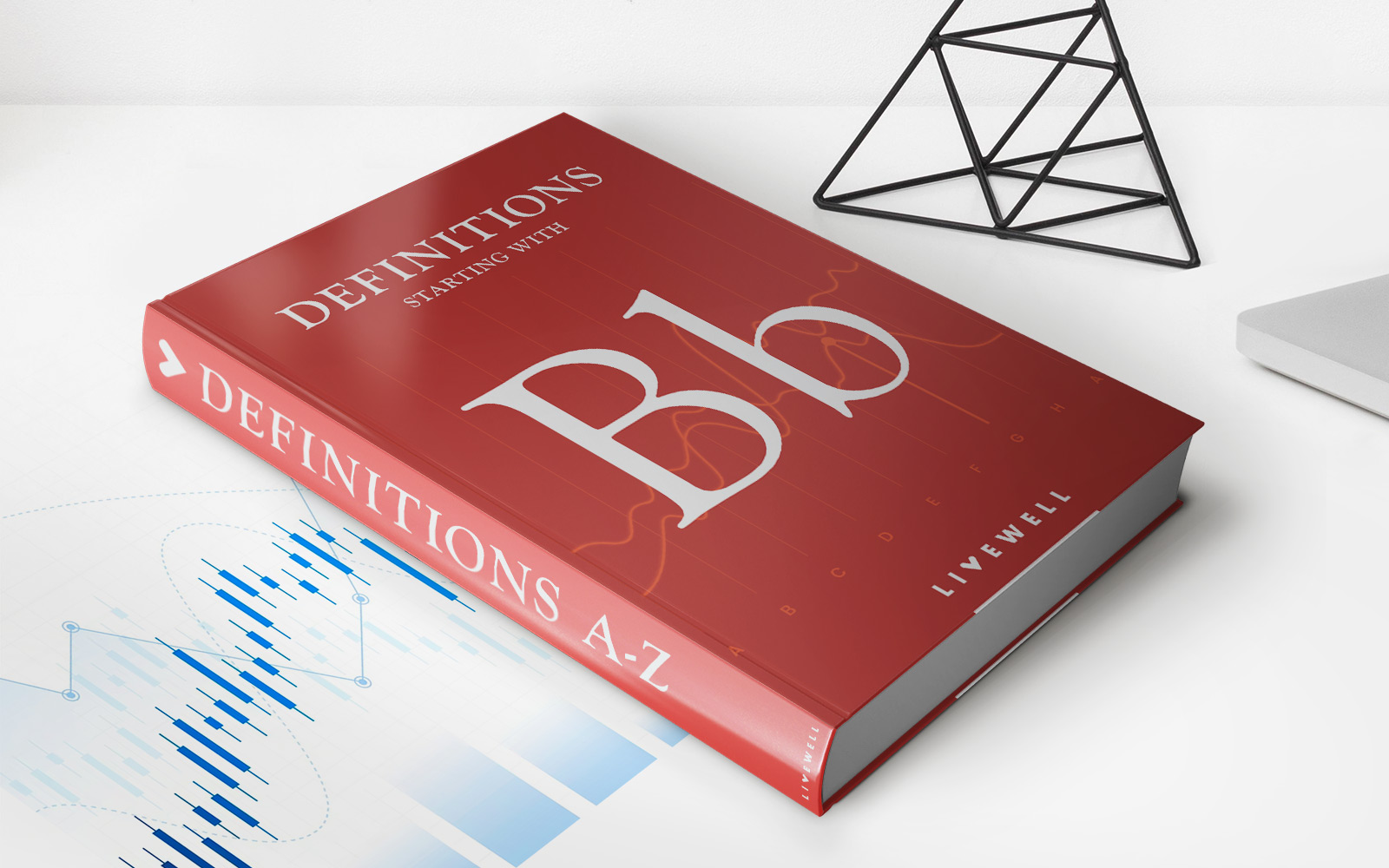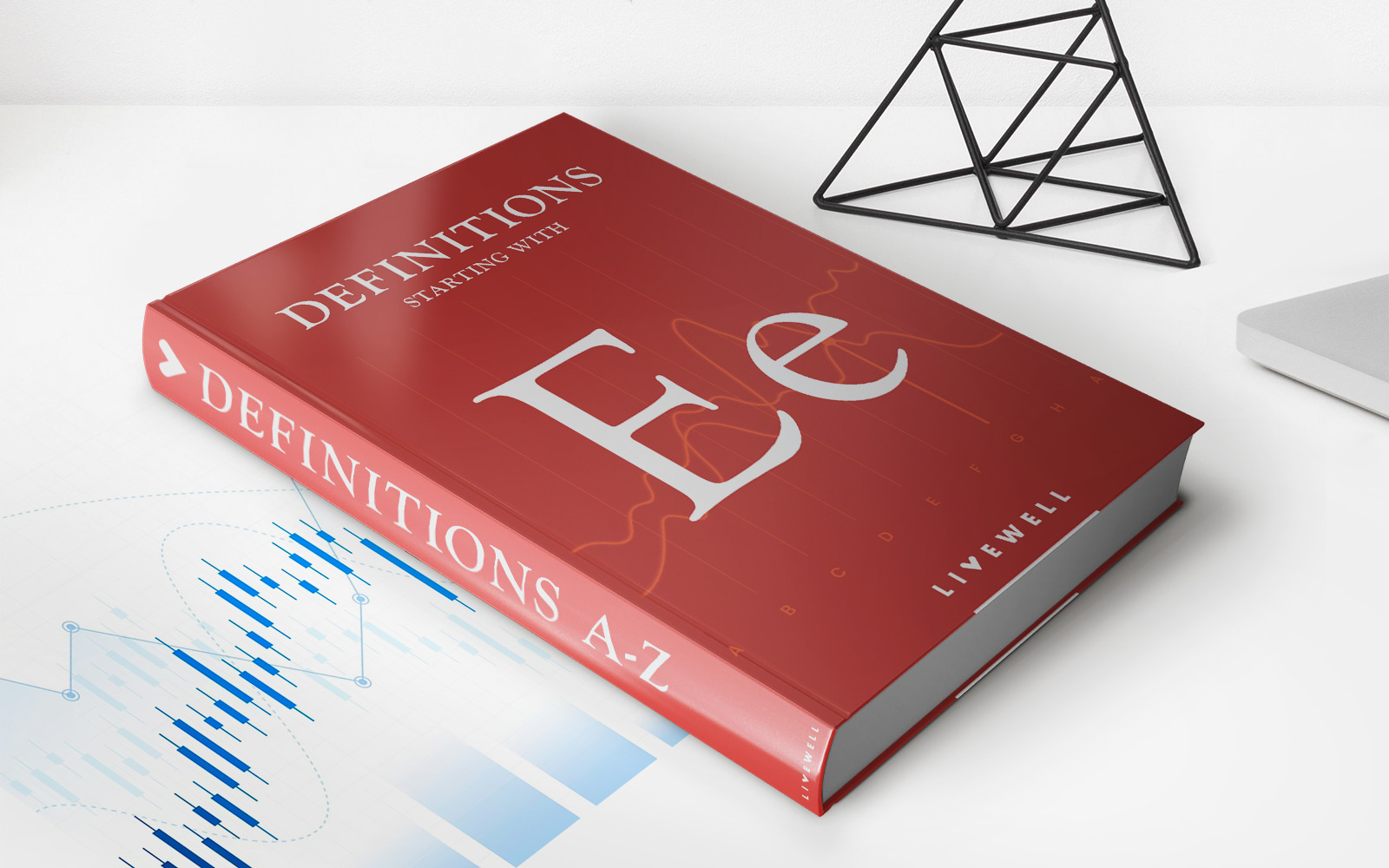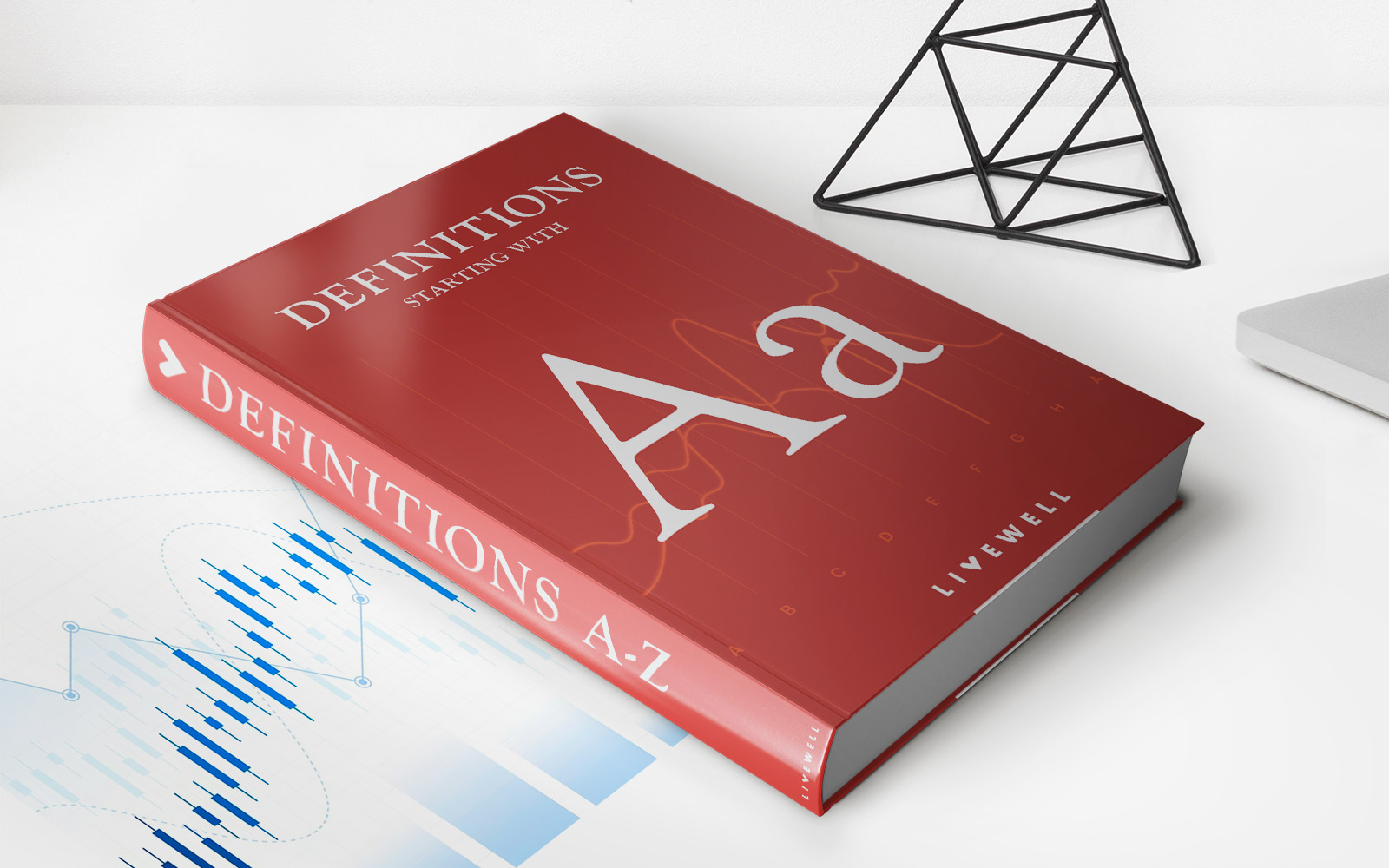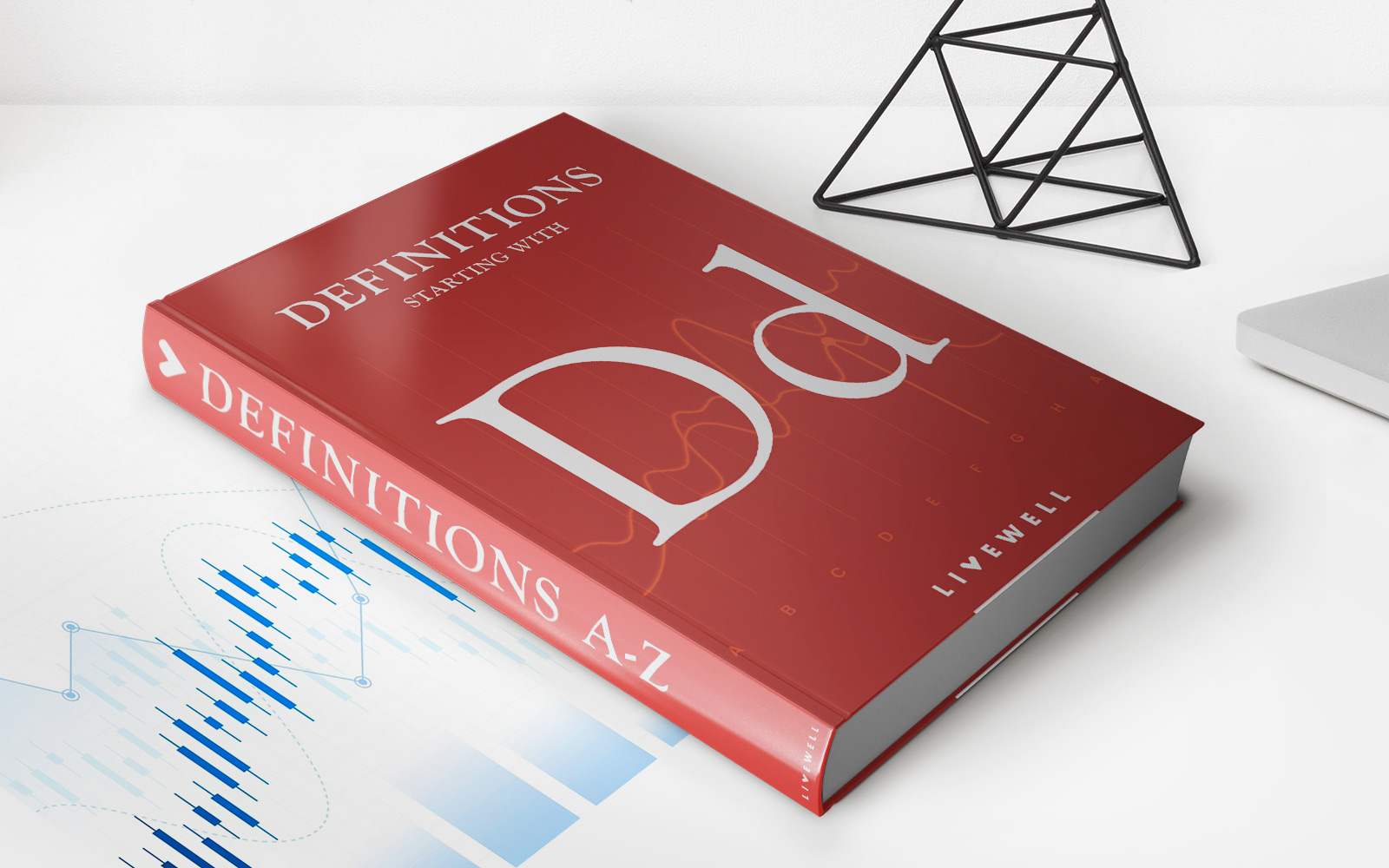Home>Finance>Accounting Software: Definition, Types, And Benefits
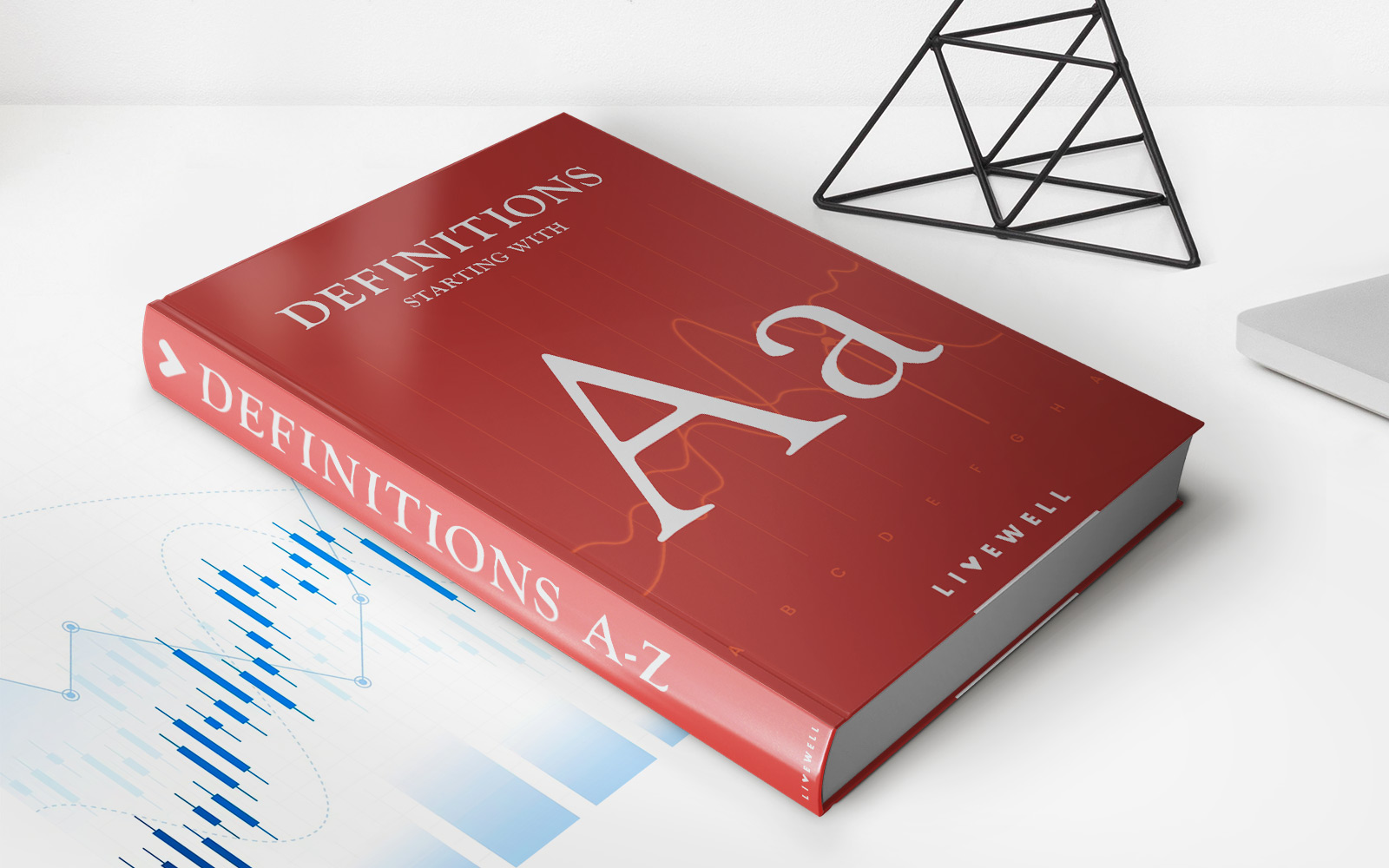

Finance
Accounting Software: Definition, Types, And Benefits
Modified: October 11, 2023
Discover the definition, types, and benefits of accounting software in finance. Streamline your financial management with innovative tools and improve efficiency.
(Many of the links in this article redirect to a specific reviewed product. Your purchase of these products through affiliate links helps to generate commission for LiveWell, at no extra cost. Learn more)
Unlocking the Power of Accounting Software: A Guide to Definition, Types, and Benefits
Are you tired of the painstaking and time-consuming task of manually managing your finances? Look no further! Accounting software is here to save the day. In this blog post, we will delve into the world of accounting software, exploring its definition, various types, and the incredible benefits it offers. So, let’s jump right in!
Key Takeaways:
- Accounting software automates financial processes, allowing businesses to efficiently manage their invoices, track expenses, generate reports, and more.
- Cloud-based accounting software provides easy access to financial data from anywhere, at any time, while on-premises software offers enhanced security and control.
What is Accounting Software?
Accounting software is a powerful tool designed to simplify and streamline the financial management processes of businesses. It enables organizations to automate tasks such as invoicing, bookkeeping, tracking expenses, generating financial reports, and managing payroll. Traditional manual accounting methods can be prone to errors and consume significant time and effort. Accounting software eliminates these inefficiencies, providing accurate and real-time financial information, helping businesses make informed decisions.
Types of Accounting Software:
There are various types of accounting software available in the market, each catering to the unique needs of different businesses. Here are a few popular types:
- Cloud-based Accounting Software: This type of software is hosted on remote servers, accessible through the internet. It offers the flexibility to access financial data from anywhere using any device. Cloud-based solutions often include additional features like automatic backups, multi-user collaboration, and integration with other business tools.
- On-Premises Accounting Software: As the name suggests, this software is installed and operated on your company’s local servers and computers. It provides enhanced security and control by keeping data within your organization’s infrastructure. On-premises solutions are ideal for businesses with strict data privacy regulations.
- Small Business Accounting Software: Designed specifically for small businesses, this software offers simplified features and a user-friendly interface. It helps manage day-to-day financial operations, track expenses, create invoices, and generate basic financial reports.
- Enterprise Accounting Software: Enterprise-level accounting software is more comprehensive and scales to meet the needs of larger organizations. It provides advanced features such as multi-currency support, inventory management, project accounting, and financial consolidation across multiple entities.
Benefits of Accounting Software:
Now that we understand the definition and types of accounting software, let’s explore the amazing benefits it brings to the table:
- Time and Cost Savings: By automating repetitive and manual financial tasks, accounting software saves precious time and reduces the risk of errors. It frees up resources, allowing employees to focus on more crucial activities that drive business growth.
- Improved Accuracy: Manual calculations can result in errors that lead to financial discrepancies. With accounting software, calculations are performed automatically, minimizing the risk of mistakes. Real-time data updates ensure accurate financial reporting.
- Streamlined Financial Processes: Accounting software organizes and centralizes financial data, making it easily accessible and reducing the time spent on searching and retrieving information. Tasks such as invoicing, bill payments, and expense tracking are simplified, enhancing efficiency.
- Better Decision Making: With real-time financial data at your fingertips, accounting software enables data-driven decision making. It provides comprehensive insights into your business’s financial health, allowing you to identify trends, forecast revenues, and make informed strategic decisions.
- Enhanced Compliance: Accounting software helps businesses stay compliant with tax regulations and accounting standards. It automates tax calculations, generates tax forms, and ensures accurate financial reporting, reducing the risk of non-compliance penalties.
Embracing accounting software opens doors to enhanced financial management and improved business performance. Whether you are a small business owner or an enterprise executive, investing in the right accounting software can revolutionize your financial operations. So, why wait? Take the leap and unlock the power of accounting software for your business today!


